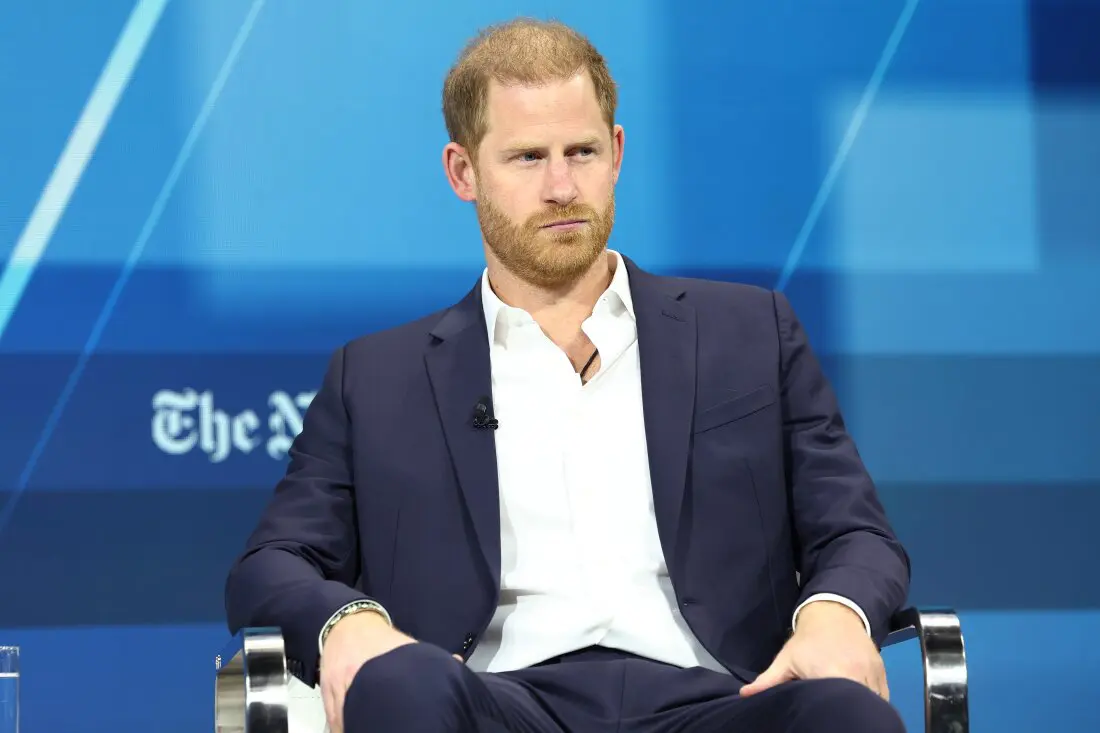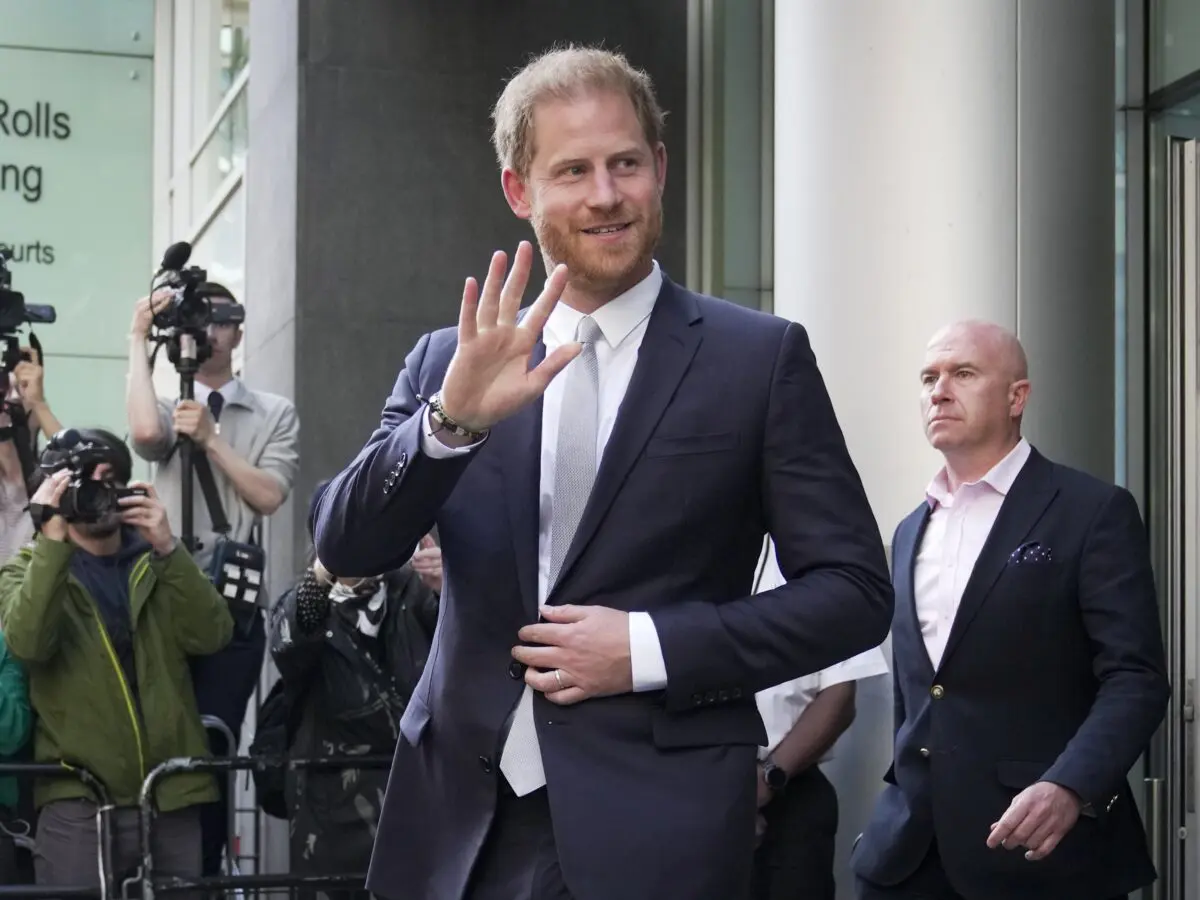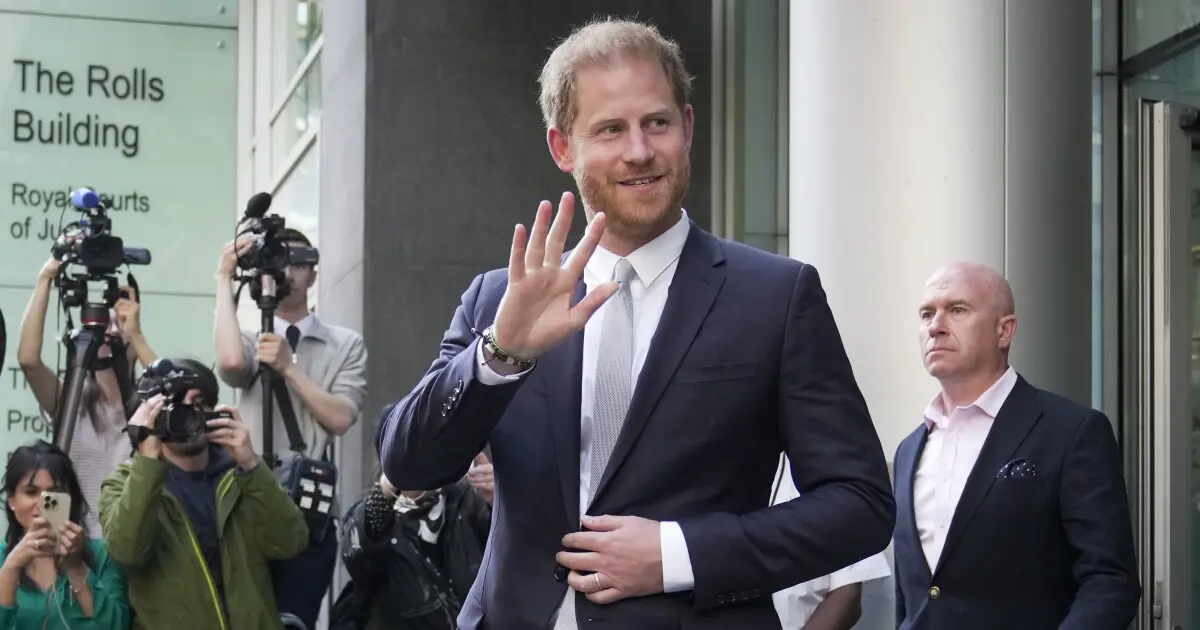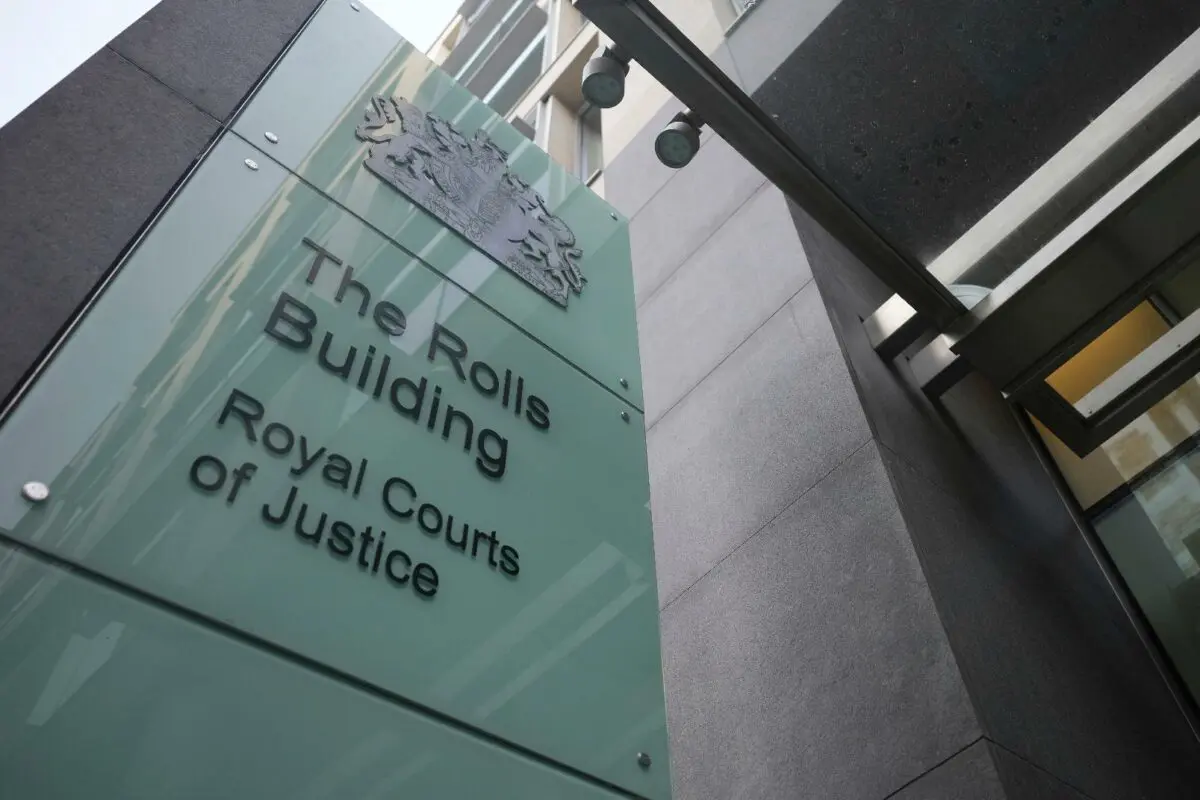The recent developments in Prince Harry’s legal confrontation with Rupert Murdoch’s News Corp highlight an ongoing saga between the British royal family and the media. Amid allegations of high-profile illegal activities perpetrated by Murdoch’s tabloids, including phone hacking and invasions of privacy, this legal battle has drawn significant public attention and media scrutiny.
At the heart of the matter lies the question of accountability among media outlets. Through his lawsuit, Prince Harry aims to shed light on the longstanding issues surrounding tabloid journalism and its potential consequences for personal lives. The case reflects the broader implications of celebrity culture, media ethics, and individuals’ rights to privacy in the digital age. As discussions move towards a potential settlement, both sides weigh the implications of a public trial versus a quieter resolution.
Understanding the Legal Context of Prince Harry’s Case
The legal dispute involving Prince Harry arises from a complex history of tabloid practices that often cross ethical lines. This section delves into the backdrop of the allegations against Murdoch’s newspapers, particularly focusing on the infamous phone hacking scandal that implicated various celebrities, including members of the British royal family. Investigations revealed that practices used by tabloids to acquire sensational stories included illegally accessing voicemails and personal accounts.
The roots of this scandal can be traced back many years, with News of the World and The Sun at the epicenter of numerous lawsuits and public outcry. In 2011, the closure of News of the World marked a significant turning point in the media landscape, emphasizing the consequences of unethical journalism. Prince Harry’s involvement now highlights the continuing struggle for justice and transparency in an industry often criticized for its dubious practices.

The Role of Media and Public Perception
As the situation evolves, the role of media in shaping public perception of the trial is undeniable. Tabloids have often been the first to broadcast sensational news, leading to narratives that can make or break public figures. The tabloid culture in the UK, largely influenced by Rupert Murdoch’s publications, plays a crucial role in how stories about celebrities unfold.
With a history of reporting that sometimes leans towards sensationalism, the media’s portrayal of Prince Harry—his relationships, his struggles, and his public persona—has added layers of complexity to the legal battle. Harry has argued that the media’s invasive tactics played a significant role in his family’s distress, drawing a direct line from these practices to personal tragedies.
The Settlement Talks: What’s at Stake?
Recently, as both parties have engaged in discussions about a potential settlement, the stakes have never been higher. The proposals on the table aim to address not only the financial aspects of the lawsuit but also the fundamental principles surrounding journalistic integrity. Prince Harry’s pursuit has been about more than just financial compensation; it reflects a desire for accountability within an industry that he claims has repeatedly evaded responsibility.
The implications of a settlement could result in a quieter resolution for both sides, but it also raises questions about the unresolved issues concerning the practices of Murdoch’s outlets. A settlement would allow News Corp to avoid the public airing of evidence that may reinforce allegations of criminality and unethical behavior. However, the demand for restitution could bring about a cumulative acknowledgment of wrongdoing, thus potentially facilitating healing for all parties involved.

Public Response and Media Reactions
The public’s response to the ongoing saga has been fierce and divided. Supporters of Prince Harry see him as an advocate for privacy rights, while critics often perceive the lawsuit as a mere attempt to shield himself from unfavorable media scrutiny. Many in the media have offered analyses of the possible outcomes, debating whether accountability will be achieved or if a resolution will allow media practices to continue unchallenged.
Social media platforms have been hotbeds of discussion surrounding the case, with hashtags trending and public sentiment shifting. The role of public opinion in these proceedings cannot be understated; after all, the public serves as both the audience for tabloid stories and as a critical evaluator of the ethics underlying them. This complex dynamic underscores the significant factors influencing the potential settlement discussions between Harry and News Corp.
Potential Outcomes of the Legal Battle
The unfolding legal situation between Prince Harry and the Murdoch empire could have far-reaching consequences for media ethics and privacy laws. Should the case proceed to trial, it would not only open previously sealed court documents but also subject key players to scrutiny on the stand. Such a course of action could serve as a high-profile test of the boundaries of privacy rights versus the freedom of the press.
On the other hand, a settlement could lead to both parties avoiding prolonged embarrassment and bring some level of resolution to the ongoing media frenzy. Harry has repeatedly emphasized that accountability and acknowledgment of fault are essential components of any settlement, raising expectations among his supporters.

The Implications for Journalism Moving Forward
The unfolding drama surrounding Prince Harry’s lawsuit serves as a wakeup call for journalists and media organizations alike. It brings to light the necessity of ethical journalism practices in an age where clickbait often prevails over substantive reporting. As tabloids continue to thrive on sensational stories, the challenge for responsible journalism becomes clear.
Debates regarding the responsibilities of media, the needs for reform, and the potential for new regulations are more relevant now than ever. Outcomes in Prince Harry’s case could spark broader discussions about the ethical bounds of journalism and lead to new industry standards that prioritize respect for individual privacy.
The Road Ahead: Will Accountability Prevail?
As the saga surrounding Prince Harry’s legal battle approaches a possible settlement, questions of accountability remain central to the discourse. The ongoing discourse reveals a deeper tension between the right to know and the right to privacy, a conflict that underpins numerous cultural debates today.
Regardless of the precise outcome, one thing is clear: the pressure for ethical standards in journalism will not dissipate anytime soon. The potential ramifications of this high-stakes legal battle could alter the landscape for tabloids and public figures for years to come.

I’m Mikael, a 35-year-old Gossip Gravity Creator. I’m passionate about curating captivating content that sparks conversations and ignites curiosity. Join me on this exciting journey as we explore the fascinating world of gossip and trends together!



